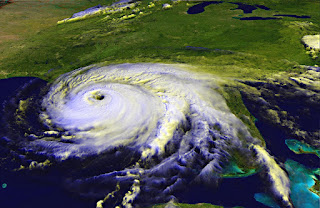 |
Discoverer of the |
"'It's completely crazy,' [says Leonard Susskind], in reference to the holographic universe. 'You could imagine in a laboratory, in a sufficiently advanced laboratory, a large sphere — let’s say, a hollow sphere of a specially tailored material — to be made of silicon and other things, with some kind of appropriate quantum fields inscribed on it.' Then you could conduct experiments, he said: 'Tap on the sphere, interact with it, then wait for answers from the entities inside ... [o]n the other hand, you could open up that shell and you would find nothing in it,' he added. As for us entities inside: 'We don’t read the hologram, we are the hologram.'"
Wikipedia has a dense, but good article on the same subject. This also leads to the AdS/CFT correspondence, which really makes a lot more sense after watching this video from Matt O'Dowd.

